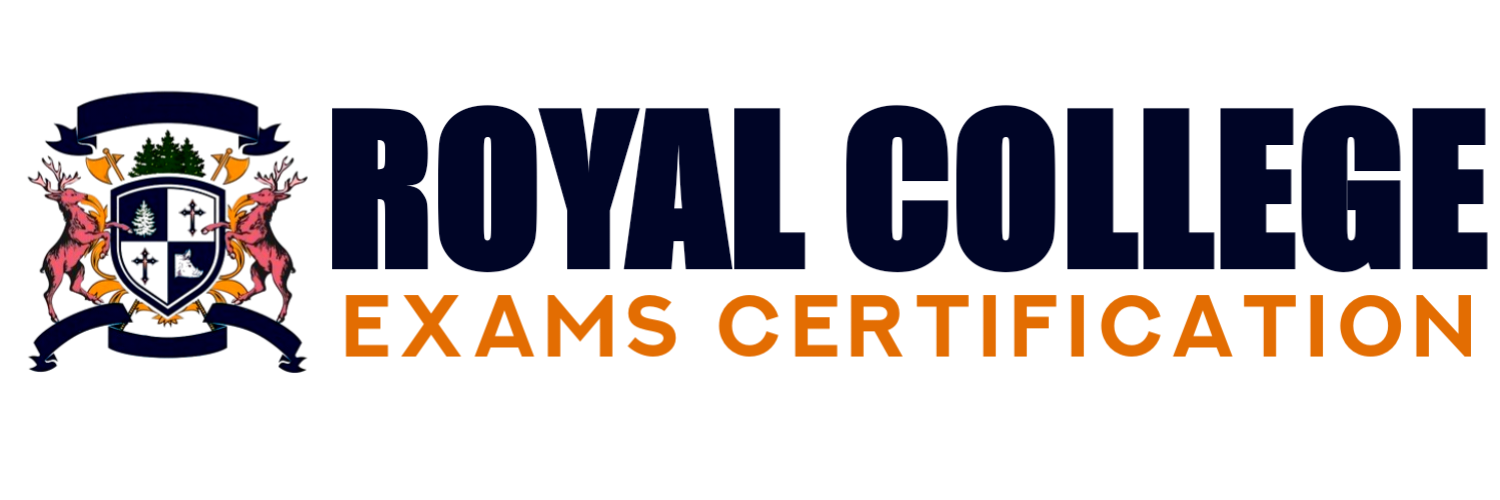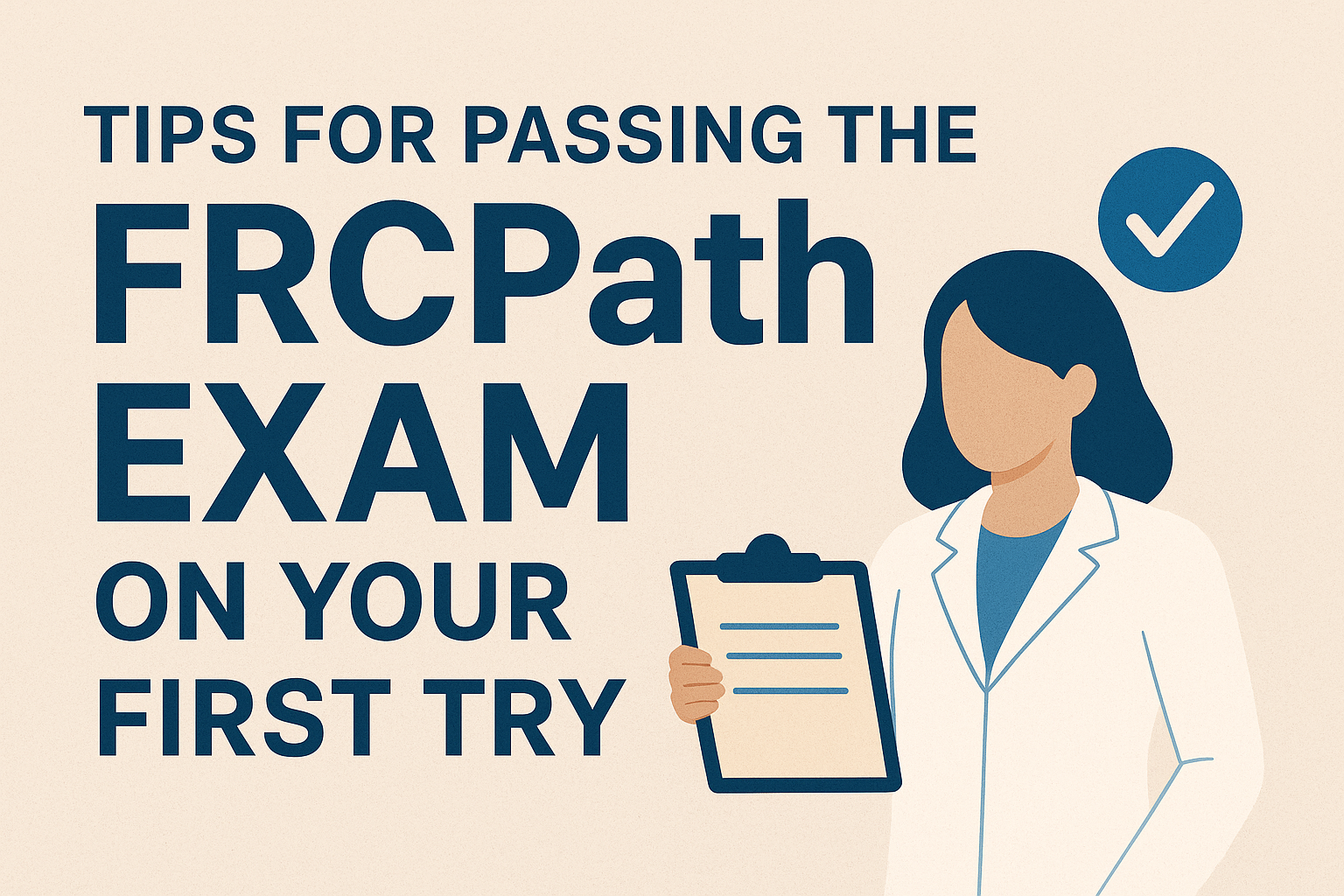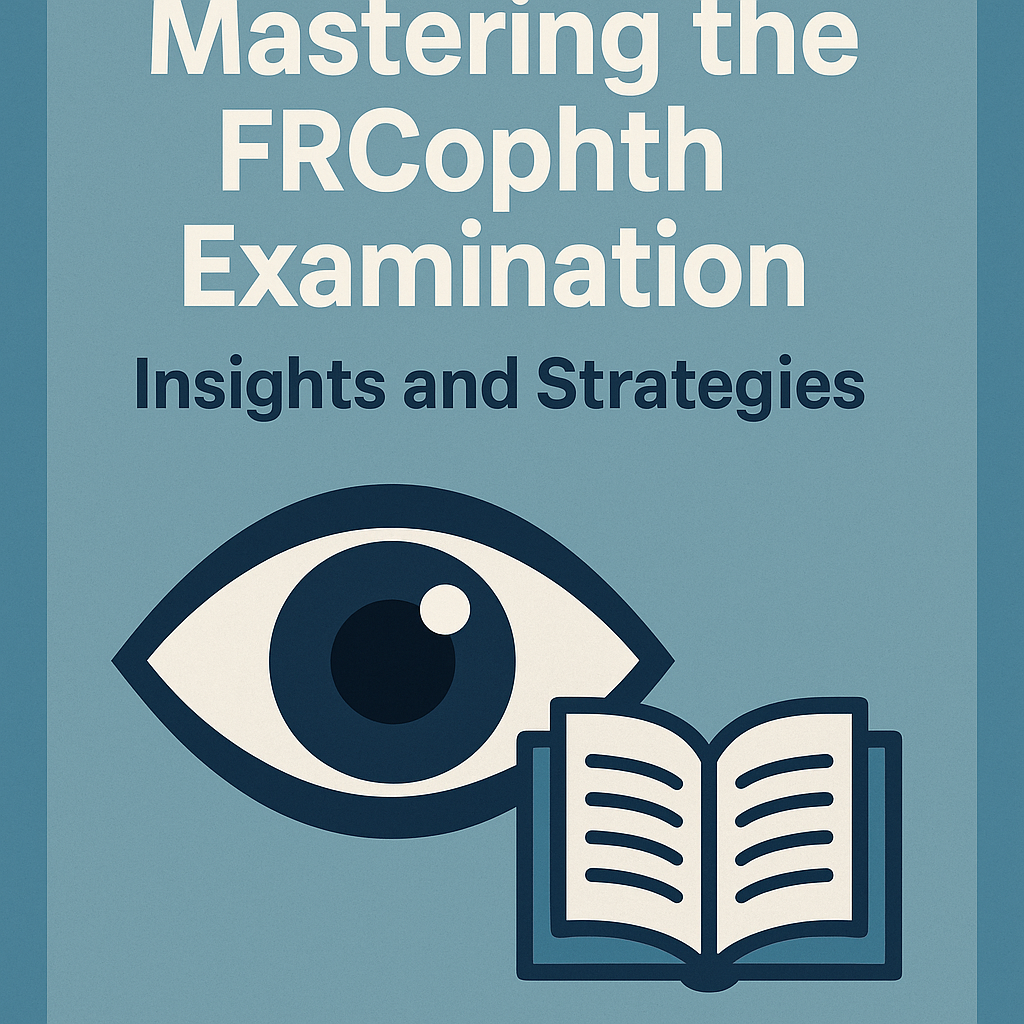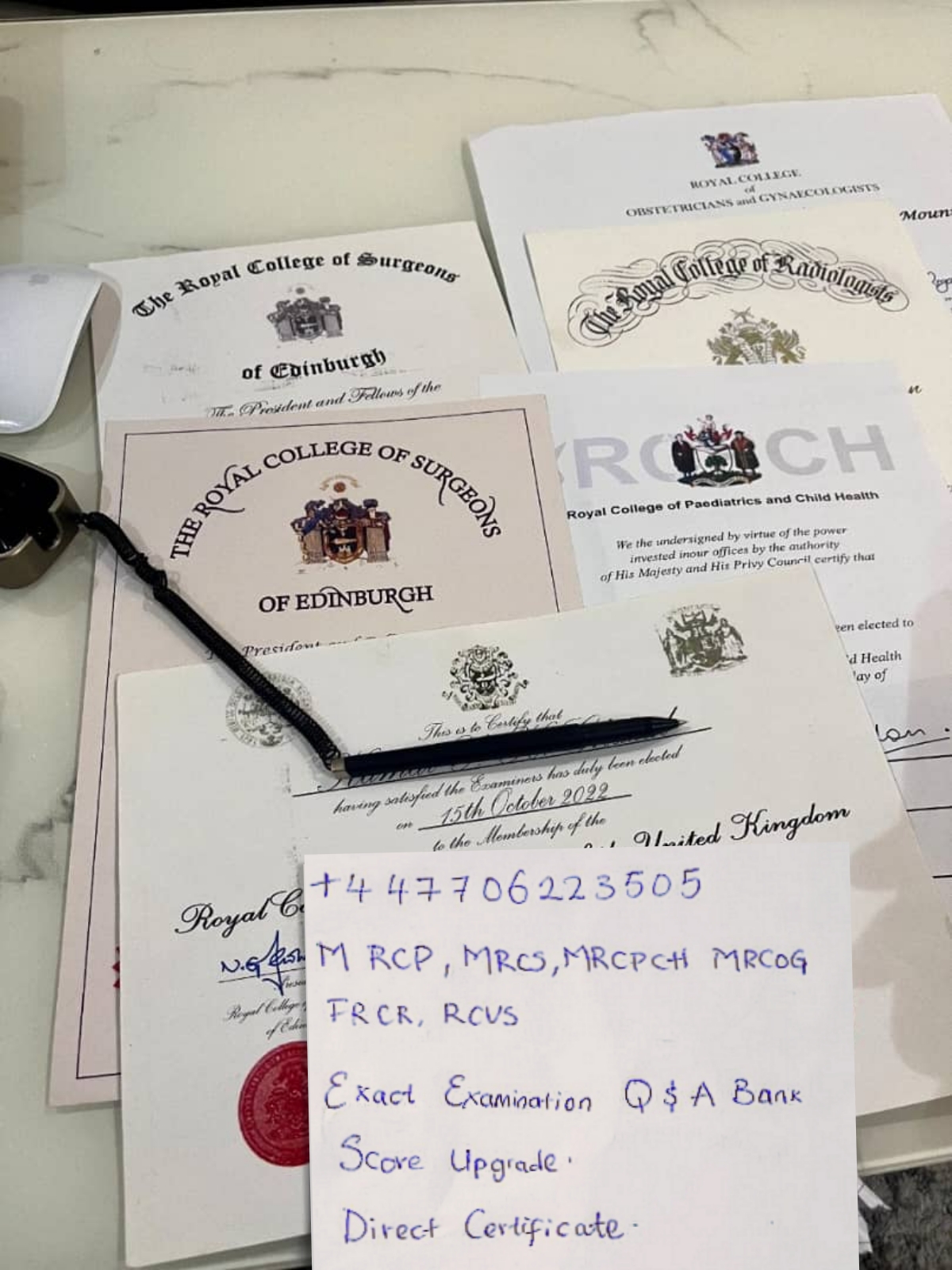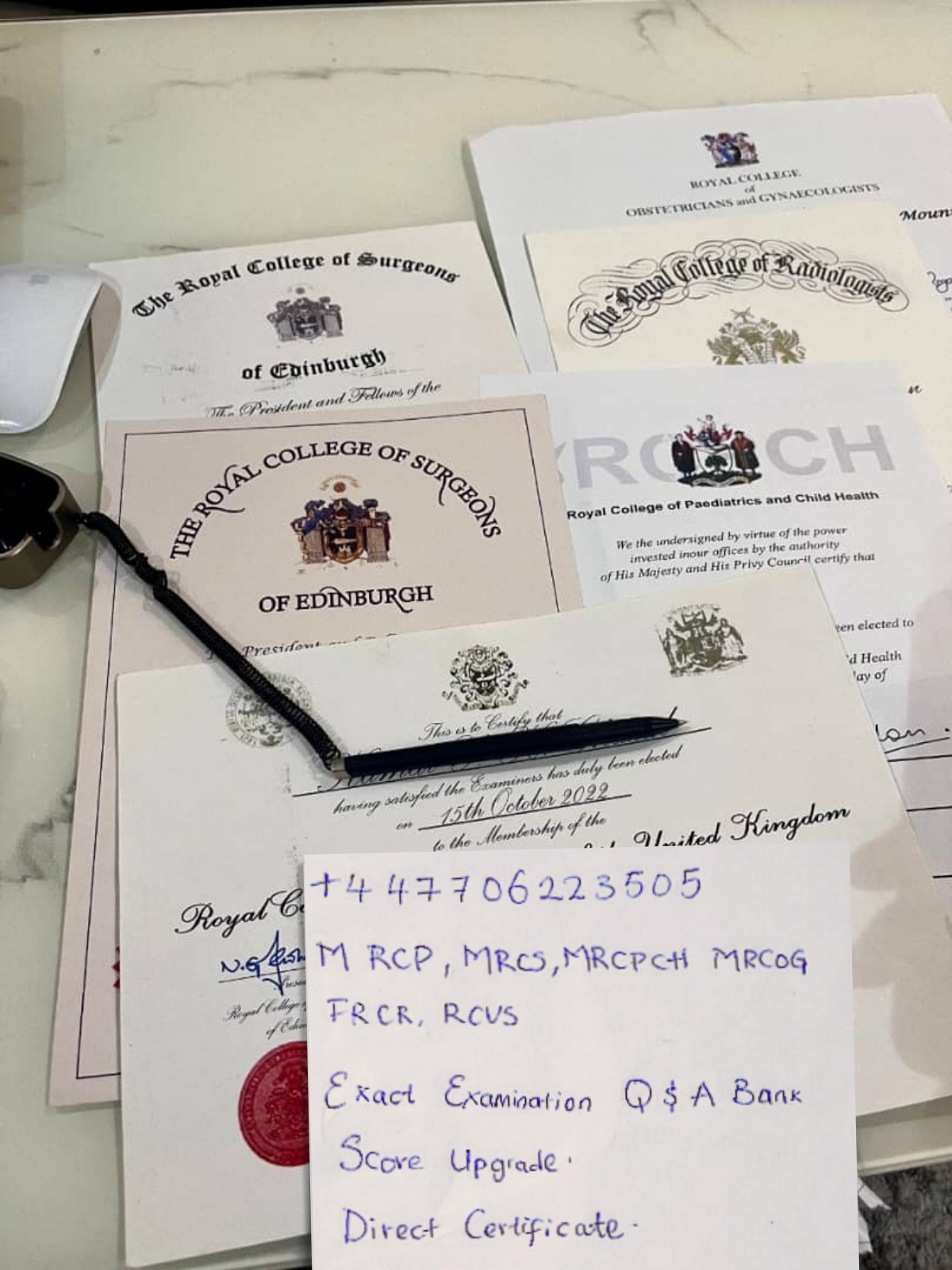Preparing for the Membership of the Royal College of Emergency Medicine (MRCEM) exams is a challenging journey. Whether you’re tackling the MRCEM Primary, Intermediate SBA, or the OSCE, success requires not just hard work, but smart, strategic preparation. Unfortunately, many candidates unknowingly fall into common traps that can hinder their progress or even result in exam failure.
In this blog, we’ll explore the top mistakes to avoid when preparing for the MRCEM exams, and offer practical tips to help you stay on track and maximize your chances of passing.
1. Not Understanding the Exam Format and Curriculum
One of the most common mistakes is diving into preparation without fully understanding the structure of the exam you’re taking.
- MRCEM Primary focuses on basic sciences (anatomy, physiology, pharmacology, etc.).
- MRCEM Intermediate SBA targets knowledge and clinical decision-making.
- MRCEM OSCE evaluates practical skills, communication, and real-world clinical scenarios.
Why It Matters:
Studying without aligning with the RCEM curriculum often results in wasting time on irrelevant topics. Each exam has a specific blueprint – you need to know what’s expected.
How to Avoid:
- Download and review the RCEM syllabus from the official website.
- Use past papers and blueprint guides to structure your study.
2. Poor Time Management
Time is one of the most valuable resources, and managing it poorly is a major reason for underperformance.
Common Issues:
- Studying too late or inconsistently.
- Failing to balance revision with full-time work or clinical shifts.
- Not scheduling mock tests or rest breaks.
How to Avoid:
- Create a realistic, weekly study plan.
- Use time-blocking for focused study sessions.
- Include buffer time for emergencies and revisions.
Apps like Notion, Todoist, or Google Calendar can help keep you accountable.
3. Focusing Only on Theory (Especially for OSCE and Intermediate)
Many candidates make the mistake of preparing only from books or question banks, especially for the Intermediate and OSCE exams.
Why It’s a Problem:
The MRCEM Intermediate and OSCE exams are application-based. They test your ability to apply knowledge, not just recall it.
How to Avoid:
- For Intermediate: Practice SBA questions regularly and analyze explanations, not just answers.
- For OSCE: Practice role-playing with colleagues. Record yourself, get feedback, and simulate timed scenarios.
4. Ignoring High-Yield Topics
Candidates often try to study everything equally. While being thorough is good, it’s inefficient to spend the same amount of time on rare topics as on high-yield, frequently tested concepts.
How to Avoid:
- Identify commonly tested topics from past papers and online forums (e.g., ECG interpretation, airway management, trauma assessment, sepsis, etc.).
- Use resources that prioritize high-yield areas, like Passmedicine, MCEMSuccess, or eMedica.
5. Using Too Many Resources
Some candidates feel the urge to use every book, app, and course available—this leads to information overload and confusion.
Quality Over Quantity:
It’s better to master a few good resources than to barely skim through ten.
How to Avoid:
Stick to 2–3 primary resources for each exam:
- Primary: MCEM Primary book, Anatomy & Physiology flashcards, Passmedicine.
- Intermediate: RCEM curriculum, SBA practice banks, NICE/RCEM guidelines.
- OSCE: Oxford Handbook of EM, OSCE checklists, YouTube clinical stations.
6. Not Practicing Under Exam Conditions
Many candidates underestimate how different it feels to perform under exam pressure. Practicing questions or OSCE scenarios in a relaxed setting doesn’t reflect the real challenge.
How to Avoid:
- Take timed practice exams regularly.
- Join study groups or courses that offer mock exams.
- For OSCE, simulate stations with real-time feedback and time limits.
7. Neglecting Communication and Soft Skills (OSCE)
Clinical knowledge is just one part of passing the OSCE. Candidates often overlook the importance of empathetic communication, teamwork, and professionalism.
How to Avoid:
- Practice scenarios that involve breaking bad news, handling angry patients, or ethical dilemmas.
- Get feedback on tone, body language, and clarity.
- Watch videos or attend workshops focused on communication in healthcare.
8. Ignoring the Importance of Guidelines
For Intermediate and OSCE exams, RCEM and NICE guidelines form the basis of expected answers. Many candidates rely only on textbooks or outdated knowledge.
How to Avoid:
- Regularly review RCEMLearning and NICE Clinical Knowledge Summaries.
- Incorporate guideline-based answers in practice questions and OSCE scenarios.
- Keep a summary notebook of key guidelines.
9. Not Seeking Feedback or Support
Many candidates prepare in isolation, missing out on valuable feedback from peers, mentors, or tutors.
Why It’s Important:
Feedback helps you identify blind spots and improve faster.
How to Avoid:
- Join an online study group (Facebook groups, Reddit, WhatsApp, Telegram).
- Practice with peers and exchange constructive critiques.
- Attend structured OSCE prep courses or mock exams.
10. Neglecting Self-Care and Mental Health
Burnout, anxiety, and sleep deprivation are common during exam prep. Ignoring your physical and mental well-being can hurt your performance more than lack of study.
How to Avoid:
- Stick to a balanced routine: adequate sleep, exercise, hydration, and relaxation.
- Take regular mental health breaks.
- Practice mindfulness or short meditation sessions to reduce stress.
If needed, speak to a colleague, mentor, or counselor for support.
Bonus Tips for Success
- Start Early: Give yourself at least 3–6 months, depending on your baseline.
- Track Progress: Use a study tracker to monitor completed topics, mock scores, and areas for improvement.
- Stay Updated: RCEM often updates its exam format or requirements—keep an eye on official announcements.
- Stay Positive: MRCEM is tough, but achievable. Stay focused and celebrate small wins along the way.
Final Thoughts
Preparing for the MRCEM exams is a marathon, not a sprint. Avoiding common mistakes like poor planning, using too many resources, or underestimating exam techniques can make a significant difference in your success. Be strategic, stay consistent, and don’t hesitate to ask for help or take breaks when needed.
With the right mindset and preparation strategy, you can clear MRCEM with confidence and take the next step in your Emergency Medicine career.
